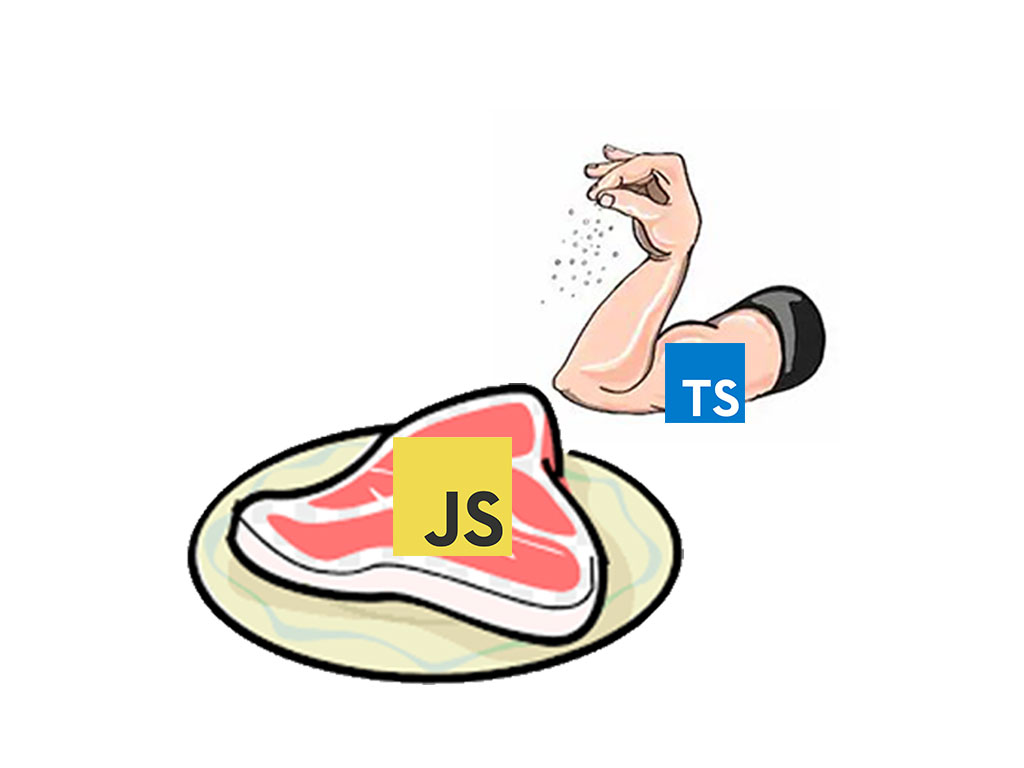How to solve TypeScript possibly undefined value

Have you ever tried to access a property in an object, but you get a TypeScript error message such as:
TS2532: Object is possibly 'undefined'.
Or maybe, you want to pass a variable in a function
function validateToken(token: string) {
return token;
}
const token = 'kjadj' as string | undefined;
validateToken(token);
and you end up getting a TypeScript error message like this:
TS2322: Type 'string | undefined' is not assignable to type 'string'. Type 'undefined' is not assignable to type 'string'.
This happens because TypeScript expects a specific value type but you’re providing an incorrect value type. If you like to learn more about JavaScript value types, feel free to check out this article, “JavaScript data types: Intro“.
In this article, I’m going to show you 5 different methods to handle this situation.
Method #1: Use IF conditions
if (token) {
validateToken(token);
}
The example above checks if the variable, token, is a falsy or truthy value.
This works because we’ve originally said that token maybe be a string value or undefined.
I highly recommend you to be a little bit more specific on your check. Use the typeof keyword and make sure its the right JavaScript value type.
if (typeof token === 'string') {
validateToken(token);
}
Method #2: Use the OR logical operator
Another method is to use OR operator (||).
validateToken(token || 'default-token');
If token doesn’t meet validateToken() argument requirement, than pass a fallback value.
In the example above, if the value of token is undefined, then the string "default-token" will be used as the fallback.
Method #3: Use the keyword as
The keyword as, can be used to let TypeScript know, that you know the value is going to be whatever value type it expects.
Here’s an example:
validateToken(token as string)
In the example above, I’m passing token, and letting TypeScript know that even though the variable may be undefined; at this point of the app, it will be a string. So it has nothing to worry about.
Method #4: Use ! non-null assertion operator
After a variable is being used, you may add the exclamation mark (!) after the variable.
validateToken(token!);
This similar to method #3. Sometimes the TypeScript compiler isn’t able to determine what type of value it may at a certain point.
By adding the exclamation mark (!) at the end, you let the TypeScript compiler that there is no way this variable will be undefined or null.
Method #5: Use ?? nullish coalescing operator
validateToken(token ?? 'default-token');
This method is very similar to method #2, OR logical operator (||). The difference is that the OR logical operator checks for falsy values.
Falsy values are false, undefined, null, 0, NaN, and a empty string.
Nullish coalescing operator (??) only checks for undefined or null.
Oh wow, you’ve made it this far! If you enjoyed this article perhaps like or retweet the thread on Twitter:
I like to tweet about TypeScript and post helpful code snippets. Follow me there if you would like some too!
